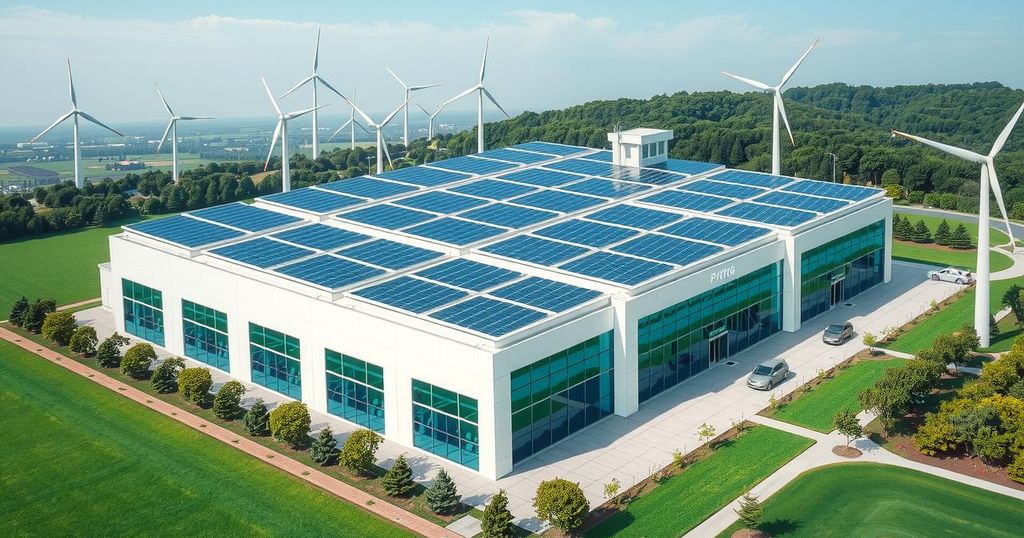America’s Energy Future: Reducing Dependence on China

The United States must navigate its energy future by balancing renewable sources and fossil fuels while diminishing reliance on China’s supply chains. The Biden administration’s policies have jeopardized national security and economic stability through foreign dependence, particularly with companies like CATL. Solutions lie in fostering partnerships with non-CCP affiliated manufacturers and implementing stricter regulations to enhance America’s energy independence and security.
The United States faces a critical point in its energy trajectory amidst rising demands and technological evolution. A strong and consistent energy framework is essential to support both the AI sector and overall energy dominance. It is crucial to adopt a comprehensive energy strategy that encompasses both renewable sources and fossil fuels. Current energy policies under the Biden administration, however, have jeopardized U.S. economic competitiveness and sovereignty.
Compulsory electric vehicle (EV) regulations enacted by the Biden administration have weakened the auto industry’s competitiveness, pushing companies toward reliance on foreign supply chains dominated by high-emission countries like China. Consequently, this has resulted in unnecessary challenges for U.S. manufacturers. China currently leads the global battery market due to the failures of these policies.
To restore energy autonomy, the U.S. must prioritize investments in cutting-edge battery technologies and create a robust domestic supply chain that minimizes ties to the Chinese Communist Party (CCP). CATL, a preeminent lithium-ion battery manufacturer linked to the CCP and the Chinese military, exemplifies the risks tied to current dependency. Despite raising security concerns, 35% of CATL’s energy storage batteries have been purchased by U.S. clients, generating no American jobs.
Facilitating access for companies like CATL allows the CCP to infiltrate critical U.S. energy supply chains, which are vital for future AI advancements. It is imperative to closely evaluate the ownership structures of foreign battery firms to safeguard national security. Fortunately, alternatives exist; Korean and Japanese firms such as AESC, LG, SK, Panasonic, and Samsung provide superior technologies without military affiliations.
For example, the company AESC is investing $6 billion, projected to create 6,000 high-wage jobs in America, thereby enhancing economic prospects and aligning with national security interests. Despite some American companies severing ties with CATL, including halting a joint venture with Ford, more decisive actions are required from the government.
The U.S. government must drive the transition to secure battery technologies unassociated with the CCP by closing loopholes that currently permit taxpayer support to these entities. Energy security is paramount, necessitating strict guidelines to prevent collaboration with militarily aligned Chinese companies. The support for non-CCP manufacturers like AESC, LG, SK, Panasonic, and Samsung would promote a robust battery manufacturing ecosystem that bolsters both technological innovation and national security.
Immediate action is necessary to ensure America’s energy independence and safeguard its national security interests, underscoring the urgency for policy reform and investments in homegrown resources.
In conclusion, the U.S. must reevaluate its energy strategies to safeguard against foreign influence, particularly from China. By advocating for domestic battery manufacturing and investing in allied technologies, America can reinforce its energy independence and protect national security. Restricting connections with foreign companies linked to military interests is essential, alongside creating comprehensive policies that foster a resilient and innovative energy framework.
Original Source: www.foxnews.com




